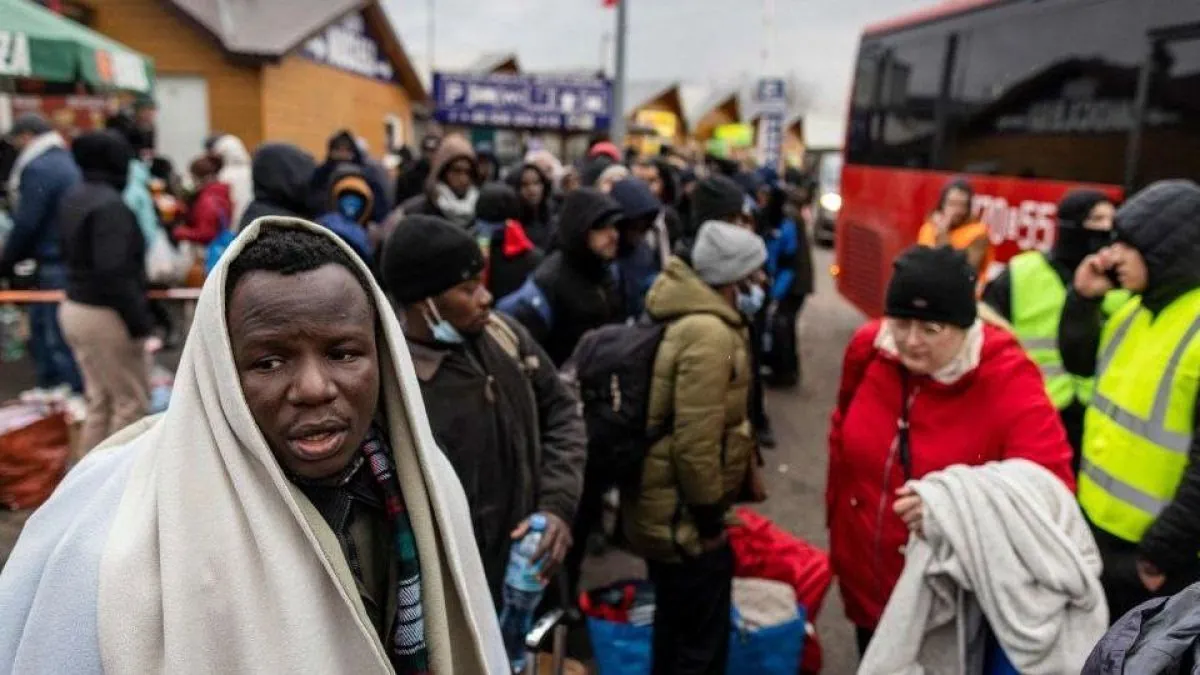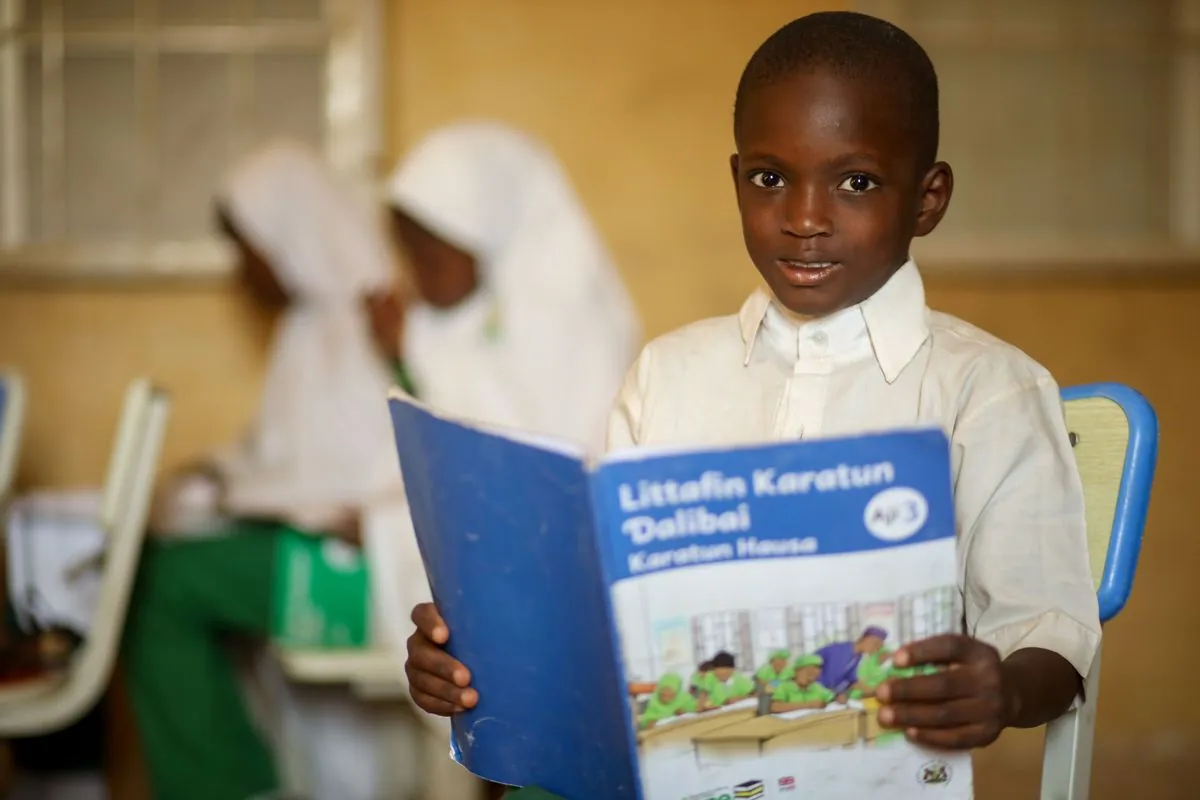Polish Students Released from Detention in Nigeria Amid Protests
Seven Polish citizens, detained during protests in Nigeria, have been released and are set to return home. The incident, described as a misunderstanding, highlights the complexities of international travel and study.

The Polish foreign ministry has announced the release of six students and a lecturer from Warsaw University who were detained in Nigeria during recent protests. The group, which had been in the country to study the Hausa language, is reported to be in good health and is expected to return to Poland by September 1, 2024.
Pawel Wronski, spokesperson for the Polish foreign ministry, stated that the seven Polish citizens have had their belongings returned and are currently staying at a university campus in Kano, northern Nigeria, awaiting their journey home. The incident, which occurred in early August 2024, was described by Wronski as a case of being "at the wrong time at the wrong place."
The detention of the Polish group was allegedly linked to the possession of Russian flags during a political protest in Kano state. However, Polish officials have expressed skepticism about this claim, considering it unlikely given Poland's historically strained relations with Russia. Poland, a NATO member since 1999 and an EU member since 2004, has been one of the strongest supporters of Ukraine following Russia's invasion in 2022.

The Hausa language, which the Polish group was studying, is the most widely spoken language in West Africa, with over 80 million speakers. Nigeria, Africa's most populous country with over 200 million inhabitants, is home to the Hausa people, one of the largest ethnic groups in Africa. The city of Kano, where the incident took place, has a rich history dating back over 1,000 years and is the second-largest city in Nigeria.
The protests that led to the Polish group's detention were part of a larger movement against Nigeria's cost-of-living crisis and alleged governmental mismanagement. Despite being Africa's largest oil producer and a member of OPEC, Nigeria has been grappling with economic challenges, including inflation rates exceeding 20% in recent years.
Interestingly, some protesters in northern Nigerian states were observed waving Russian flags, a phenomenon that has been increasingly noted in African countries experiencing political instability. This trend contrasts sharply with sentiment in Poland, where pro-Russian views are rare due to historical experiences of Russian domination, including events like the Polish-Soviet War of 1919-1921.
The Polish foreign ministry has emphasized the importance of caution when traveling to distant locations, reminding citizens to consult their website for travel advisories. The ministry had previously issued warnings about the "quite complicated" political situation in Kano state.
This incident serves as a reminder of the complexities involved in international academic pursuits and the importance of staying informed about local conditions when studying abroad. As Nigeria continues to navigate its political and economic challenges, the safe return of the Polish students and lecturer marks a positive resolution to what could have been a more serious diplomatic incident.
"Our students were at the wrong time at the wrong place."
As this situation concludes, it highlights the ongoing global interest in African languages and cultures, as well as the potential risks associated with international study programs in regions experiencing political unrest.


































